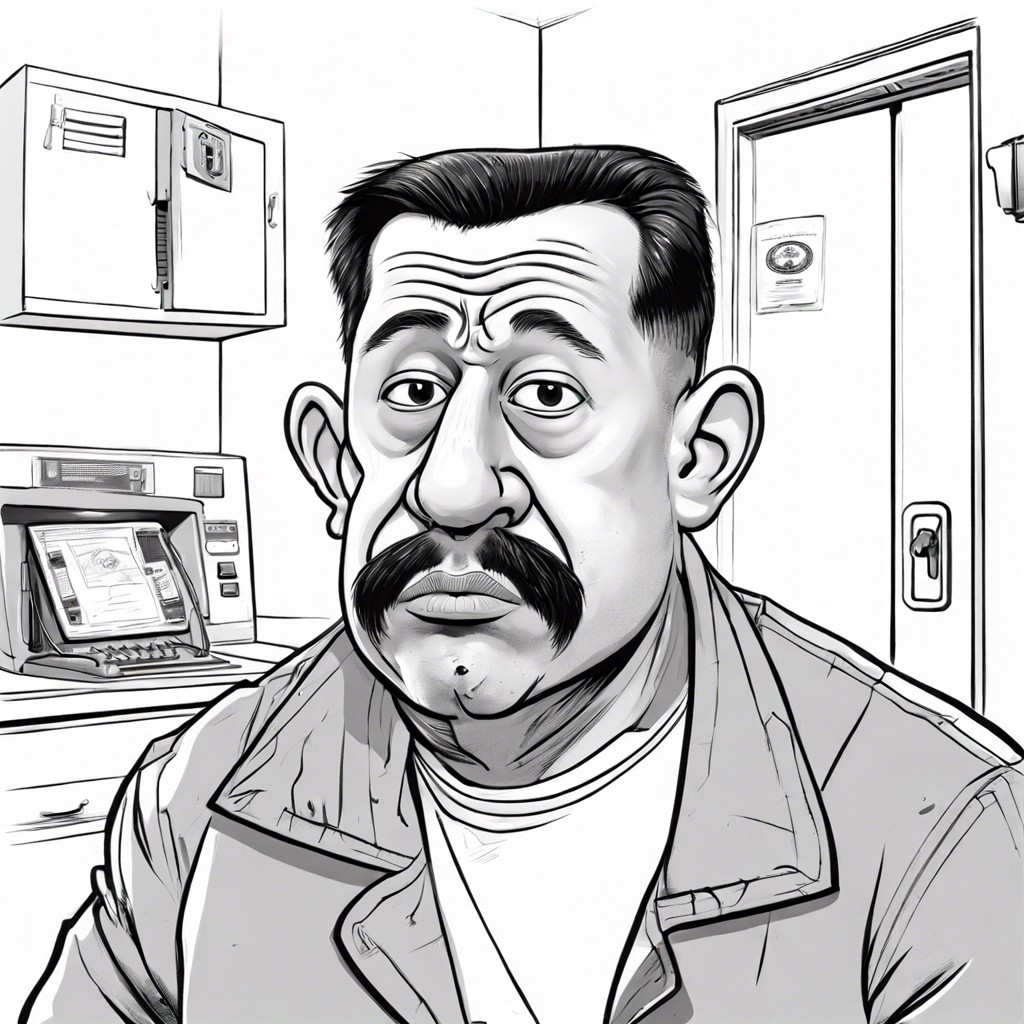If your prostate biopsy comes back positive, this article will guide you through what that means and what steps to take next.
So the doctor said your prostate biopsy is positive, and now you’re wondering what’s next, right? Stick around, because we’re diving into everything from deciphering that diagnosis to exploring treatment options, lifestyle tweaks, mental health support, and even those all-important follow-ups. You’ve got questions; we’ve got practical, no-nonsense answers. Let’s get started!
Key takeaways:
- Positive biopsy = cancer cells found, Gleason score, staging, PSA level.
- Treatment options = watchful waiting, surgery, radiation therapy, hormone therapy.
- Lifestyle adjustments = diet, exercise, hydration, stress management, sleep.
- Emotional support = professional counseling, support groups, mindfulness, loved ones, laughter.
- Follow-up care = routine check-ups, PSA blood tests, imaging tests, DRE.
Understanding the Diagnosis

When faced with this diagnosis, your mind might spin like a hamster on a wheel. Take a deep breath. Here’s the lowdown:
A positive biopsy means cancer cells were found. Not all cancers behave the same, though. Your Gleason score, a number from 6 to 10, tells how aggressive it is. Higher scores mean more aggressive cancer.
Doctors also look at something called staging. Stage 1 means early cancer, lurking quietly. Higher stages mean it’s more widespread. Your PSA (Prostate-Specific Antigen) level is another clue. The higher the PSA, the more concerning it is.
Understanding these terms makes grasping your situation easier. Think of it like a roadmap. Knowing where you stand helps in planning your next steps. Plus, you’re now armed with the right vocabulary to decode the doctor’s lingo at your next visit.
Treatment Options
When faced with this diagnosis, there are a few paths to consider.
- Watchful Waiting: Not the slothful procrastination one might imagine, but strategic observation. Doctors may keep an eye on the situation, especially if cancer is slow-growing.
- Surgery: Going under the knife can be daunting, but removing the prostate can prevent cancer from spreading. Consider asking your surgeon if they have a frequent flyer program.
- Radiation Therapy: Think of it as zapping the intruders with targeted energy beams. It’s like a sci-fi movie, minus the popcorn.
- Hormone Therapy: No, it’s not a mood ring for your emotions. This treatment blocks hormones that help cancer grow. Consider it an eviction notice for those unruly cells.
Always discuss with your healthcare provider, weighing the pros and cons.
Lifestyle Adjustments
Diet matters. Reduce red meat and increase veggies. Your prostate will thank you, and so will your waistline. Think Mediterranean. Olive oil and fish could become your best friends.
Exercise isn’t just for gym buffs. Regular activity can lower stress, improve mood, and boost overall health. Brisk walking, yoga, or even dancing in your living room – it all counts. Just move.
Stay hydrated. Water is essential, but cutting down on caffeine and alcohol can reduce bladder irritation.
Stress less. Meditation, deep breathing, or even a good hobby can do wonders. Your mind’s health is intertwined with your body’s.
Sleep like a legend. Aim for quality sleep. It strengthens your immune system and rejuvenates your spirit. Skip the screens before bed; your favorite show will still be there tomorrow.
Emotional and Psychological Support
Emotions can hit you like a ton of bricks. It’s perfectly normal to feel a cocktail of fear, anger, and sadness. Diving into these feelings with a professional counselor or support group can be a game-changer.
Connect with others. Sharing stories with fellow warriors fighting the same battle can lift an enormous weight off your shoulders.
Mindfulness and meditation can do wonders. Simple techniques can help steady your ship in turbulent waters.
Lean on your loved ones. They want to be there for you, so let them. Whether it’s a listening ear or a distraction with bad jokes, their support is invaluable.
Consider journaling. Penning down thoughts can be surprisingly cathartic. Plus, it’s like therapy on paper.
Never underestimate the power of a good laugh. Watch a comedy, spend time with your funniest friend—laughter truly is the best medicine.
Follow-up and Monitoring
After the initial treatment, the journey isn’t over. Regular follow-ups are crucial and involve more than just an excuse to skip work. Doctors will likely schedule routine check-ups to keep tabs on everything. These visits typically include PSA (Prostate-Specific Antigen) blood tests, which can feel like tracking your favorite sports stats—except with more at stake.
Imaging tests might also make an appearance, ensuring nothing sneaky is happening behind the scenes. And let’s not forget the DRE (Digital Rectal Exam). It’s become your not-so-favorite handshake, but important nonetheless.
Ultimately, think of follow-up care as your new hobby—a vital, life-affirming hobby that happens to help keep you in the best health possible.




